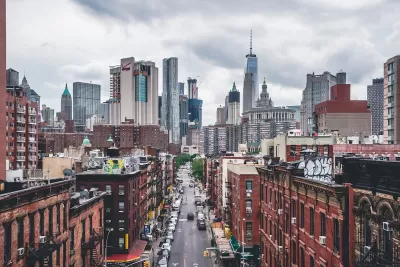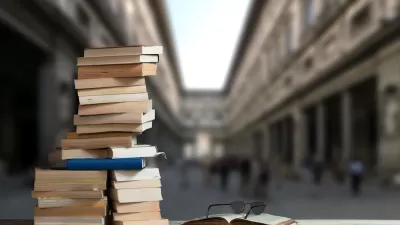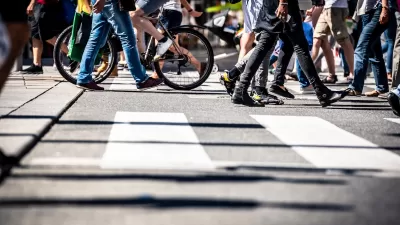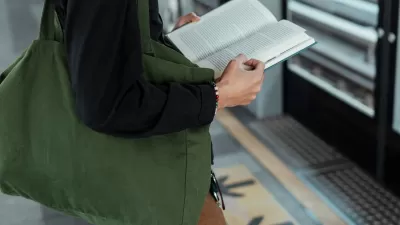One author offers a framework for resilience that rethinks common assumptions about the inevitability of cities as we know them.

In a piece for Next City, Stephanie Wakefield outlines key points from her new book, Miami in the Anthropocene: Rising Seas and Urban Resilience, which calls for a rethinking of the role urban places play in building resilience and mitigating the impacts of climate change.
With the urban envisioned as the inevitable form of the twenty-first century, it seems the only question mark is whether urban spaces and processes will be more or less resilient or equitable, smart or inclusive.
Wakefield proposes an alternate paradigm for approaching the future of cities, noting that the urban form as we know it may not survive changing conditions. “Will and should the urban as we know it actually survive the upending impacts of climate change or human responses?”
Wakefield ponders, “Rather than an endless expanse of cities and urbanization processes with seemingly no terminus — the latter destined to be but fodder for ever greater resilience of the former — might the Anthropocene’s human and nonhuman dislocations produce other spaces, processes and imaginaries entirely?”
FULL STORY: Theorizing Cities Under the Anthropocene

Manufactured Crisis: Losing the Nation’s Largest Source of Unsubsidized Affordable Housing
Manufactured housing communities have long been an affordable housing option for millions of people living in the U.S., but that affordability is disappearing rapidly. How did we get here?

Americans May Be Stuck — But Why?
Americans are moving a lot less than they once did, and that is a problem. While Yoni Applebaum, in his highly-publicized article Stuck, gets the reasons badly wrong, it's still important to ask: why are we moving so much less than before?

Using Old Oil and Gas Wells for Green Energy Storage
Penn State researchers have found that repurposing abandoned oil and gas wells for geothermal-assisted compressed-air energy storage can boost efficiency, reduce environmental risks, and support clean energy and job transitions.

Updating LA’s Tree Rules Could Bring More Shade to Underserved Neighborhoods
A new USC study finds that relaxing Los Angeles’ outdated tree planting guidelines could significantly expand urban tree canopy and reduce shade disparities in lower-income neighborhoods, though infrastructure investments are also needed.

California's Canal Solar Projects Aim to Conserve Resources and Expand Clean Energy
California’s Project Nexus has begun generating electricity from solar panels installed over irrigation canals, with researchers and state agencies exploring statewide expansion to conserve water and boost clean energy production.

HHS Staff Cuts Gut Energy Assistance Program
The full staff of a federal program that distributes heating and cooling assistance for low-income families was laid off, jeopardizing the program’s operations.
Urban Design for Planners 1: Software Tools
This six-course series explores essential urban design concepts using open source software and equips planners with the tools they need to participate fully in the urban design process.
Planning for Universal Design
Learn the tools for implementing Universal Design in planning regulations.
Heyer Gruel & Associates PA
City of Moreno Valley
Institute for Housing and Urban Development Studies (IHS)
City of Grandview
Harvard GSD Executive Education
Salt Lake City
NYU Wagner Graduate School of Public Service
City of Cambridge, Maryland





























